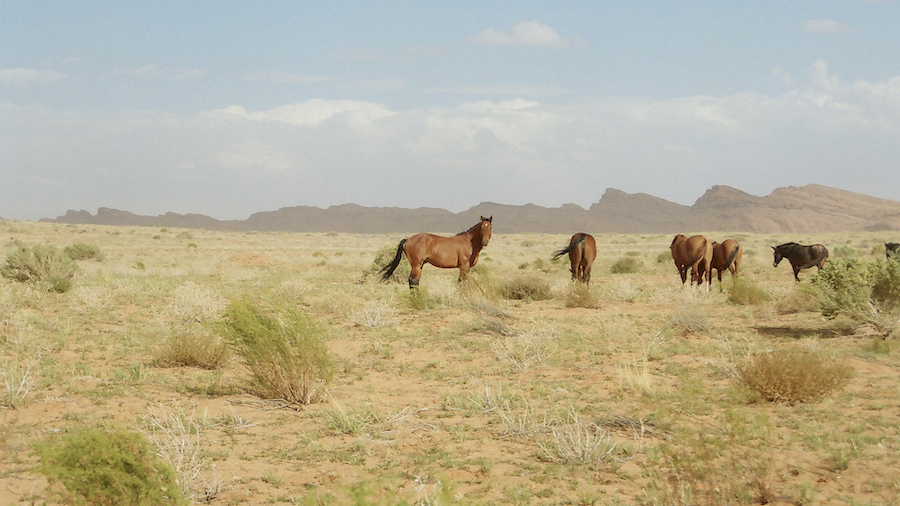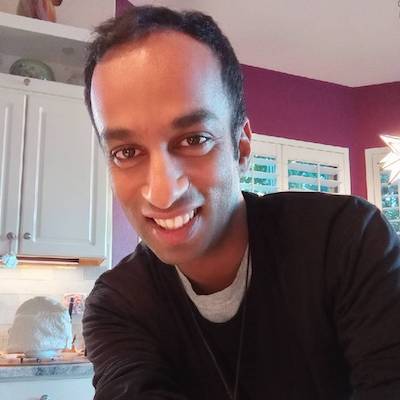Letters from the Editors
by Gwyneth Henke and Amy Dotson

I had someone tell me once that people of color
are too defensive.
Too offended. I believed her for like, a brief time.
Brief. Like the time I spent in Nebraska.
Like fireflies living their best lives in the woods.
Like the way you roll down your car window after
Trader Joe’s, to enjoy the summer breeze.
Like the way you hear someone shouting at you.
Four white men in a nice red truck,
brand new, shouting racial slurs at you and you
finally listen to your sister for a change and
do not stare back, turn the other cheek
to turn into the next lane but
then they change lanes and chase you
until you turn the other cheek again and somehow
lose them and you
you pull off to the side of the road
and for weeks to come are afraid of red trucks, white men,
the color red, the color white, not just any truck, red trucks.
You know, it’s not like summers are any less cruel than
winters in the Great Plains.
The sky turning green means it will all go spinning out of control.
I still cannot figure out what a tornado is exactly made of.
What I do miss about Nebraska is the way it at least
showed me how unpredictable it can be.
So much so, I learned what it meant
to keep your eyes closer to your own mind
than anything else
in case someone decides to take your heart away from you
before you can even think twice about turning the other cheek.
My sister owns a red truck. She calls it Big Red. When I see her
pull up to get me
at the Sky Harbor Airport in Phoenix,
I know it’s a safe ride, though I will tease her about her lead foot.
What are we made of really? It’s too easy to say dust, too easy.
At times, we might as well be thin as thin air can get,
though the impact on a scale to 1-10 of what we can do to each other—
Wow. A wild ride. No mild sky.
Out in the Southwest, you would think the sun is trying
to set the world on fire, the world fired together in a kiln.
Because I don’t want this to end on a bad note, I will say
the only positive outcome to this is,
here I am, alive, made up of earth, like you needed to be told repeatedly
something so simple and unremarkable.
In my sister’s big red truck, I’m good to go, my cheeks turned towards her
her smile framing the sky leaning into us.

Jeevan Anthony Narney was born in India but grew up in Arizona. He is an Indian-American Adoptee poet. His work has appeared in the Georgia Review, Bellevue Literary Review, Verse Daily, Terrain.org, Beloit Poetry Journal, and the Nimrod International Journal for which he won the Pablo Neruda Poetry Prize judged by Tarfia Faizullah. He received his M.F.A. in Poetry from the University of Arizona. He’s attended residencies at Arteles Art Residency and Vermont Studio Center. He has served in the U.S. Peace Corps and worked as a teaching artist for the Nebraska Writers Collective.
Hannah, a Las Vegas native, grew up in a multicultural Navajo and Italian household. Originally a classically trained musician, she now works as a graphic designer and occasional writer. When she’s not working, you can find her frolicking outside, petting her cats, or exploring her city.
by Ceridwen Hall
by Patrick Holian
by Zoë Luh
by Taylor Roseweeds
by Erin McAllester
by Kian Razi